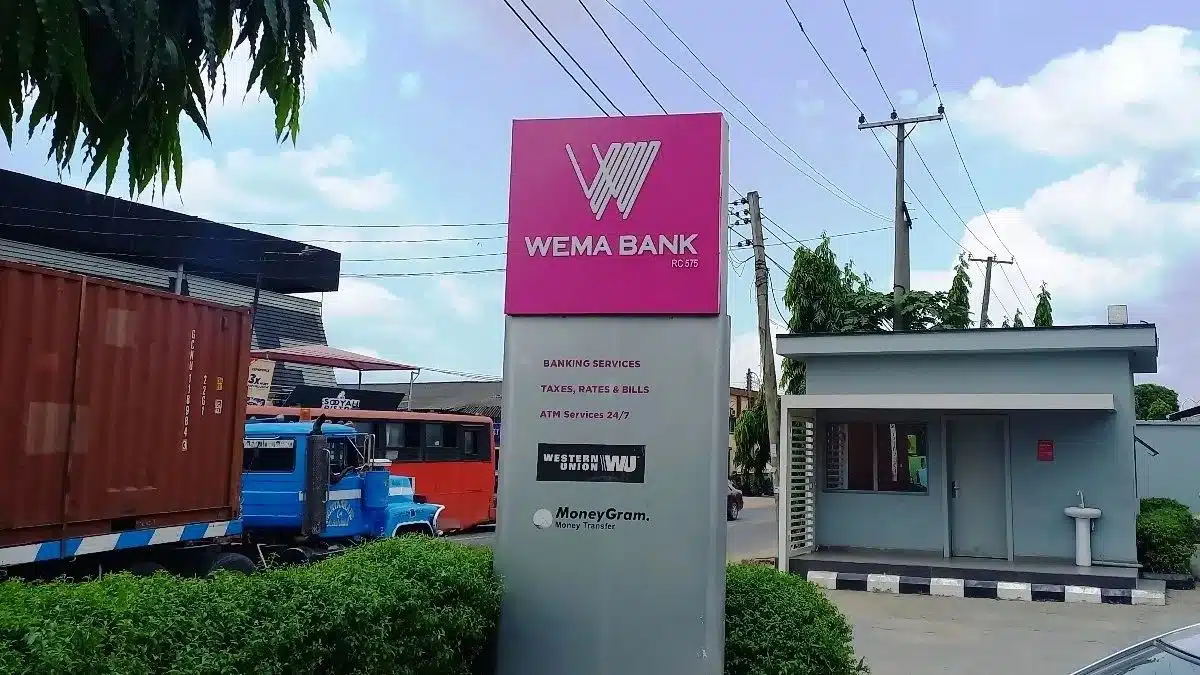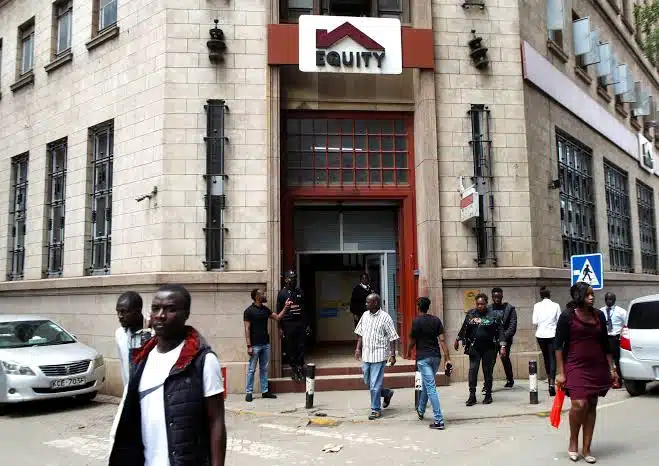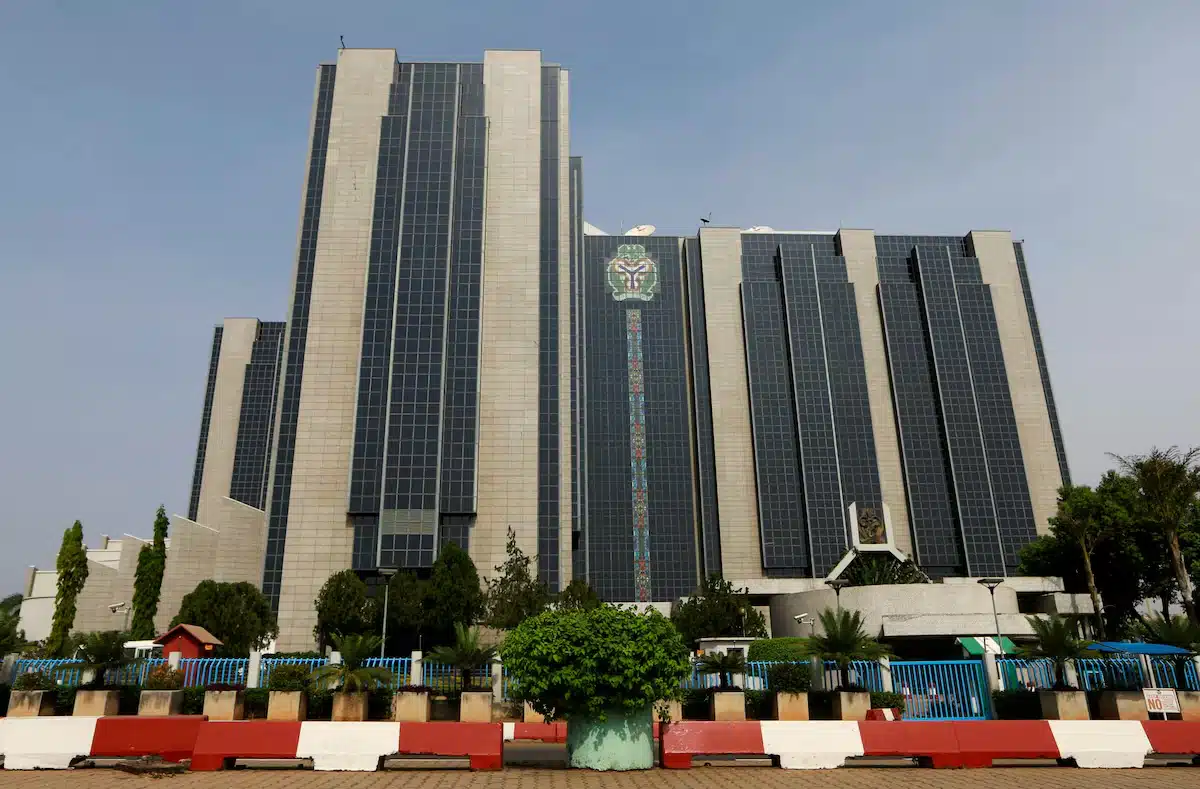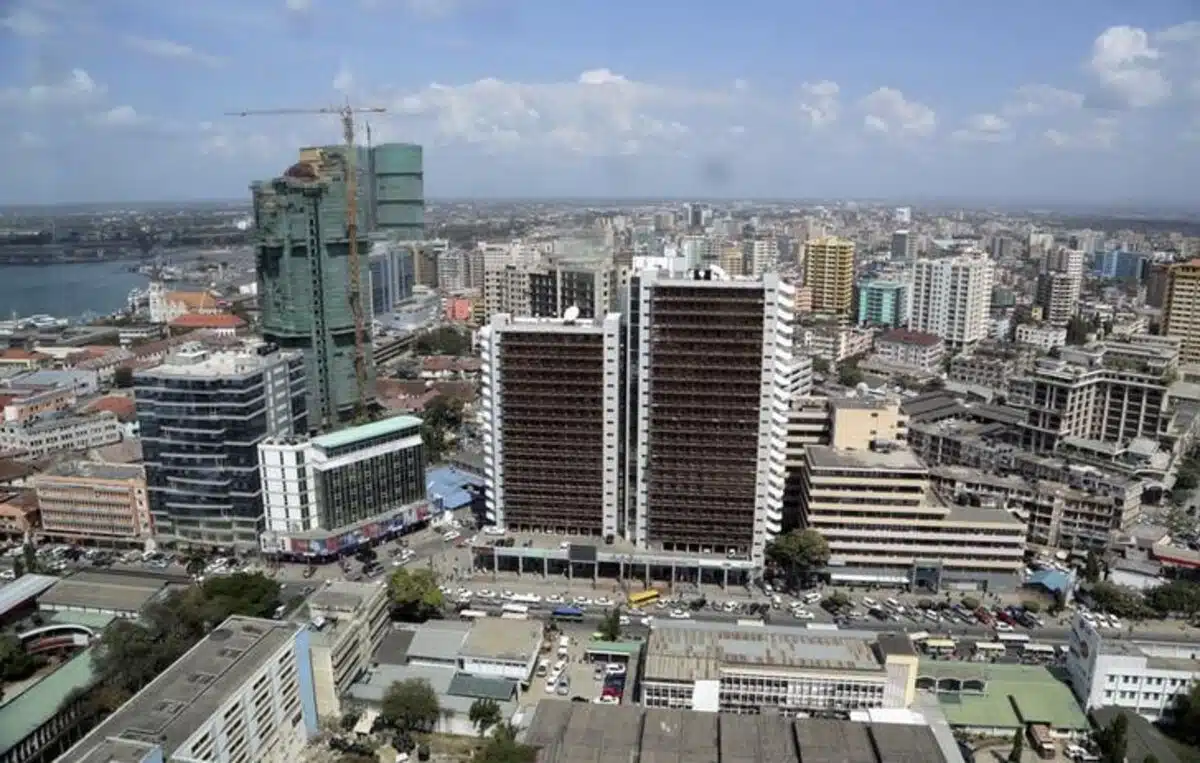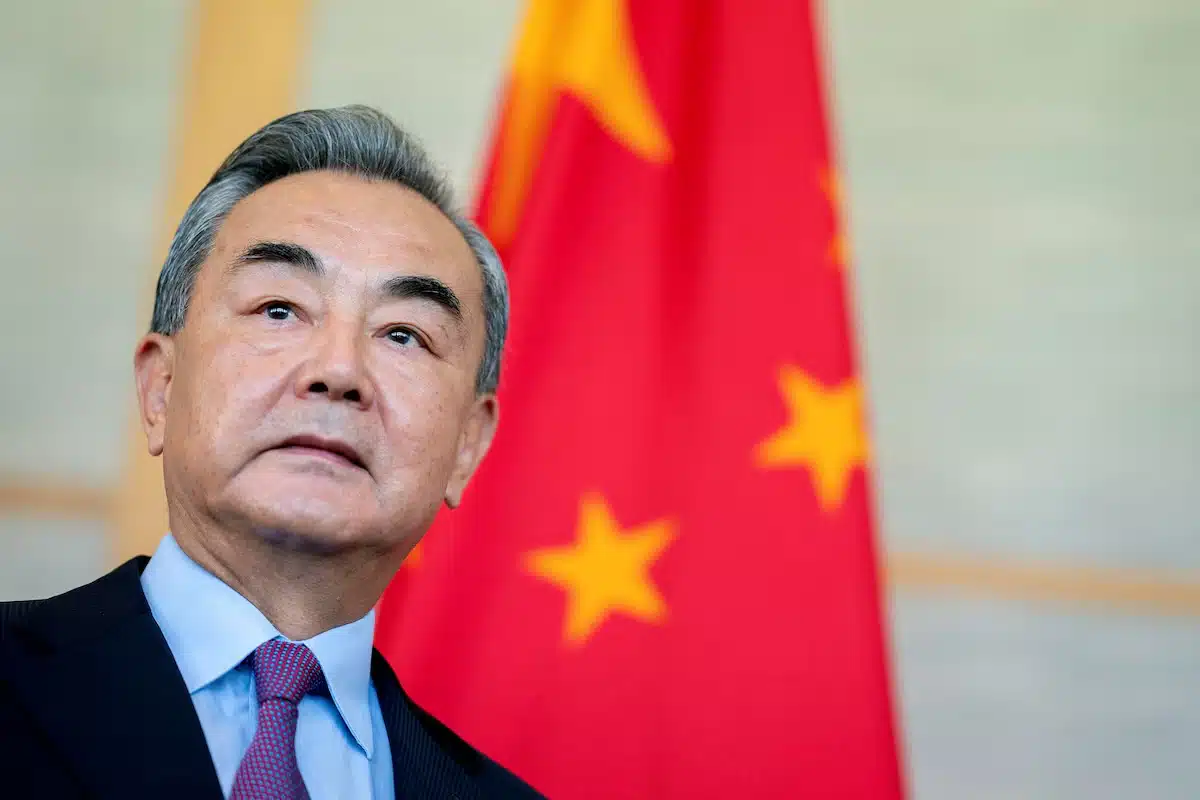Wema Bank has surpassed the Central Bank of Nigeria’s (CBN) new capital requirement for lenders with national authorisation, joining eight peers in early compliance ahead of the March 2026 deadline.
According to a statement by the mid-sized bank on Thursday, its qualifying capital now stands at ₦214.7 billion ($139.6 million), comfortably above the mandated ₦200 billion ($133 million) threshold.
The milestone follows the successful conclusion of a ₦150 billion ($99.8 million) rights issue that ran from April 14 to May 21, 2025.
“This rights issue was undertaken in response to the CBN’s directive on the recapitalisation of banks in Nigeria,” the statement said.
“With the successful completion and regulatory approval, Wema Bank has now met the ₦200 billion minimum capital requirement applicable to commercial banks with national authorisation.”
In July, the apex bank announced that eight banks had met their revised capital targets, as the sector rushed to meet the cutoff.
Public filings show that compliant lenders include Access Bank, Zenith Bank, Ecobank Nigeria, GTBank, Jaiz Bank, Lotus Bank, Stanbic IBTC, and Greenwich Merchant Bank.
$33m special placement
In a fresh funding drive, Wema disclosed that it has completed a ₦50 billion ($33 million) special placement, which is awaiting regulatory approval.
This, management said, will further strengthen its balance sheet and support ongoing expansion plans.
Moruf Oseni, the bank’s Chief Executive Officer, described the early compliance as a reflection of the bank’s strong trajectory and the trust it enjoys from stakeholders.
Wema’s rapid compliance underscores its ongoing transformation.
The lender has gained recognition for its digital-first model, with analysts citing it as emblematic of a sector adapting swiftly to regulatory pressures and market realities.
Banks raise $523m in broader consolidation
The achievement comes amid aggressive capital mobilisation across the sector, with banks raising ₦800 billion ($533 million) in the first seven months of 2025, according to credit rating agency Agusto & Co.
Introduced in March 2024, the CBN’s recapitalisation framework requires commercial banks with international authorisation to raise minimum core capital to ₦500 billion ($333 million), national lenders to ₦200 billion ($133 million), and regional banks to ₦50 billion ($33 million).
The regulator has positioned the policy not as routine compliance but as a strategic effort to strengthen banking resilience, restore investor confidence. The move is also expected to support Nigeria’s ambition of becoming a $1 trillion economy by 2030.
Agusto & Co. projects that banks could raise an additional ₦900 billion ($599.5 million) before year-end.
Mid-tier lenders intensify fundraising
Other Tier 2 banks are still scrambling to shore up their capital base.
A recent report by a Lagos-based research firm, SBM Intelligence, noted that FCMB Group is seeking ₦400 billion ($226 million) in phases, including a ₦144.6 billion ($96.1 million) public offer that was oversubscribed by 33%. The lender also has divestments and offshore placements plans.
Fidelity Bank has already raised more than ₦270 billion ($179.5 billion) via a heavily oversubscribed public offer and rights issue, while Sterling Financial Holdings has combined private placements and rights issues with a planned $400 million public offer.
FCMB and Fidelity both hold international licenses.
Analysts argue that the strong push shows lenders’ readiness to meet the CBN’s requirements, though they caution that delays could trigger a wave of forced mergers.
“The financial performance of these mid-tier banks in 2025 underscores their capacity to compete and thrive, even as Tier-1 institutions consolidate their dominance,” SBM noted in its Capital, Competition, and Consolidation report.
At the same time, the planned merger between Unity Bank and Providus, aimed at enabling lenders to meet the new thresholds, has entered advanced stages.
Wema Bank’s capital raise not only secures regulatory compliance but also enhances its ability to compete in a banking landscape where balance sheet strength and diversification are becoming critical.
NB: The local currency figures were converted to the estimated equivalent in US dollars using ₦1501.5/$1 as of September 12, 2025

